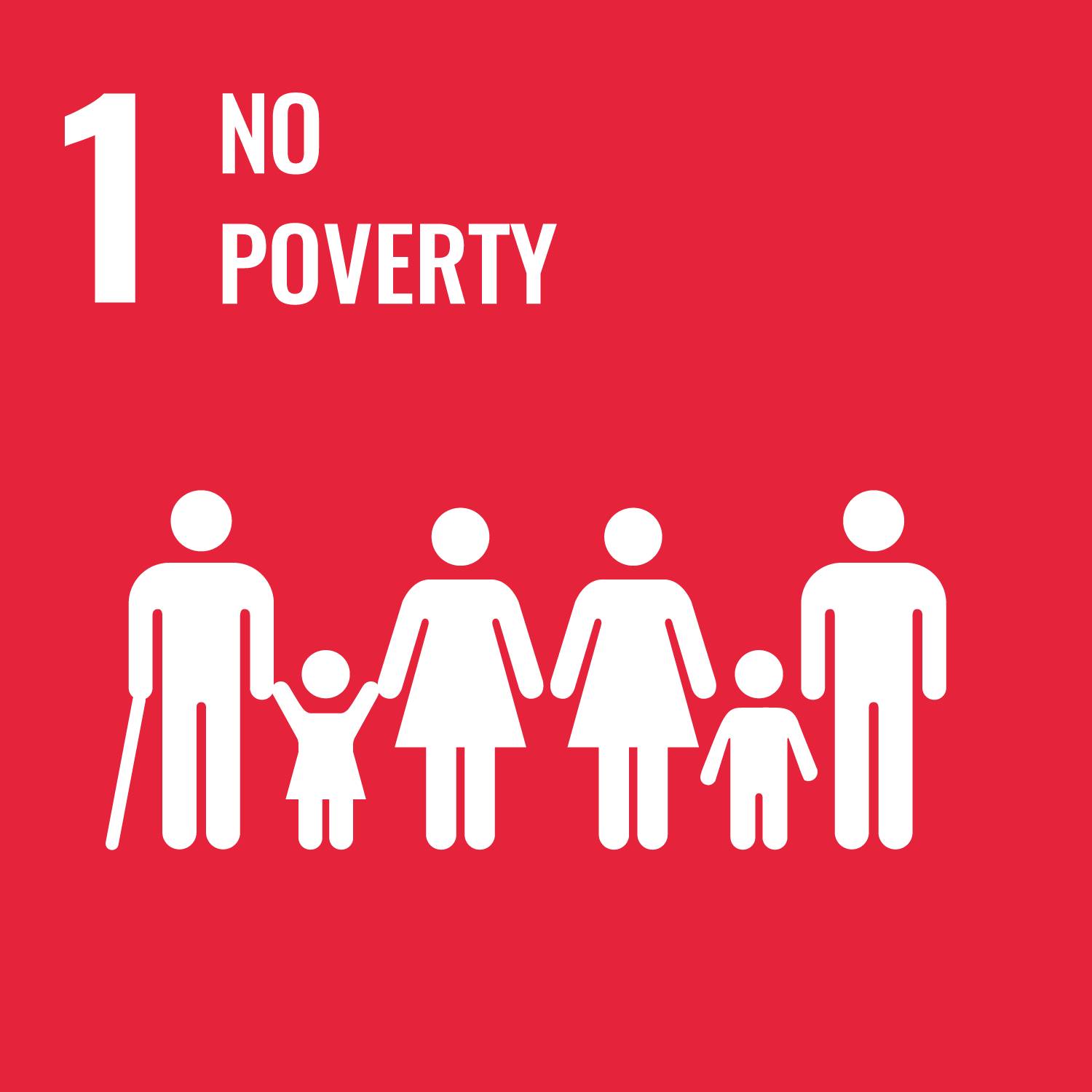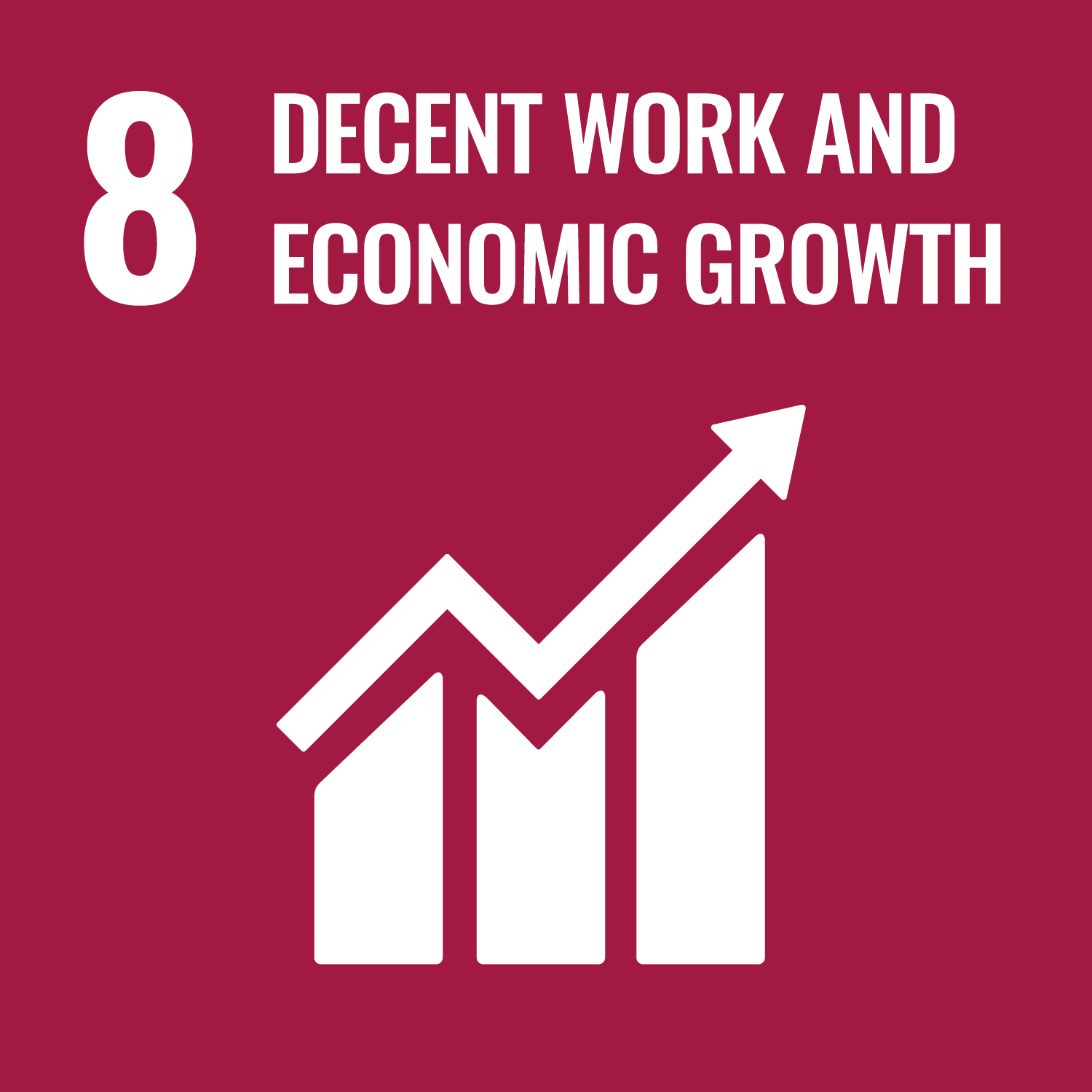The LGBT Exclusion in Indonesia and Its Economic Effects examines the evidence that discrimination occurs against LGBT people can hold back economic growth in Indonesia.
Key findings from the report include:
Waria are often unable to get work, stay in school, or open a bank account because the gender listed on their identification cards does not match their gender presentation.
LGBT people and those perceived as LGBT report high levels of harassment in school, which may reduce educational attainment and reduce economic productivity later in life. In some regions, LGBT people rely heavily on work in the informal employment sector, particularly sex work and jobs in salons.
Studies of Indonesians LGBT show that most have experienced violence, resulting in increased economic burdens. Stress associated with prejudice produces higher rates of depression and suicide, impairing economic productivity.
The report compares the Indonesian economy to India where similar study has been completed. It is estimated that the loss resulting from LGBT exclusion in Indonesia would be from 0.1 percent to 1.4 percent of gross domestic product (GDP), or $862 million to $12 billion. The report shows that public attitudes in Indonesia are far less accepting of homosexuality than attitudes in India, so this estimate of Indonesia’s estimated financial loss is considered conservative.








